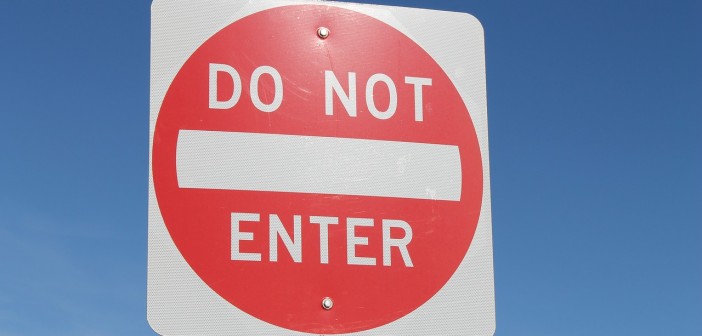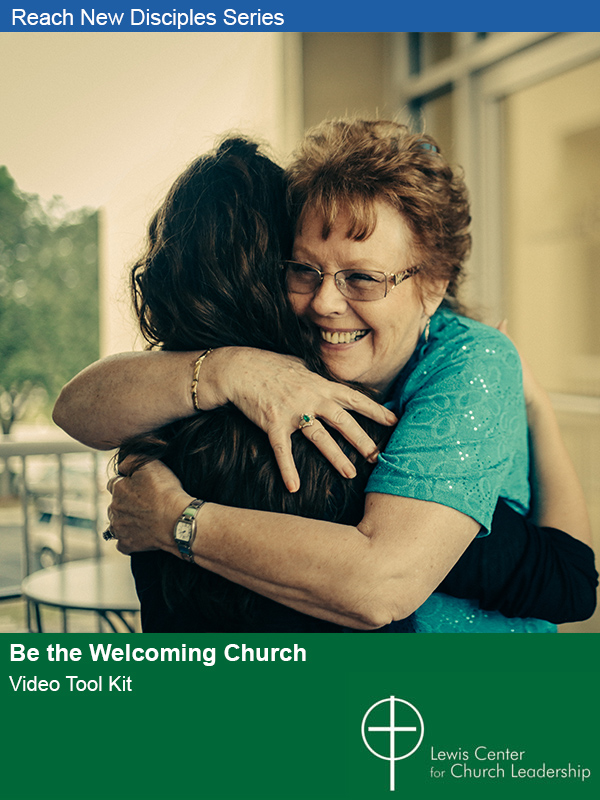When you drive east on Westchester Avenue, the first sign you see when you approach Temple Beth Am is “Do Not Enter.” When we pointed this out to the synagogue’s leaders, they at first denied the sign existed. They had become so used to driving past the temple’s exit that they no longer even saw the sign.
Is this an open and inviting place, or are they content to be what they are with who they are?
But anyone approaching the synagogue for the first time — a visitor or a potential congregant, someone who was “shul shopping,” or even someone who had been a member but never really involved — sure did. And though perhaps they would realize it was just a traffic sign marking the exit, they had to wonder: Is this synagogue sending a subtle message? Is this an open and inviting place, or are they content to be what they are with who they are? Or as we would phrase it, Is this a community anyone can enter?
This is just a small sign, so to speak, and we might make nothing of it. But our synagogues send messages, in lots of ways, about how inviting they are….
One of the biggest complaints we hear among synagogue leaders goes something like this: “Everyone around here wants this and wants that, but no one wants to do the work. The same people volunteer for everything!” Yet in those same synagogues, when we ask uninvolved folks why they don’t take a more active role, they invariably respond, “No one ever asked me.” Or, “When I first joined, literally in the first month, someone — I can’t remember who — asked me to be a part of a committee that held no interest for me. So I said something like, “No, this is just not the right time for me.”After that, I was never asked again.” For us, this is like the sign saying, “Do Not Enter.” Leaders, people in the inner circle of synagogue life, often see their synagogue as easy and open. They forget what it might look or feel like to someone who knows no one and who has not been around forever and ever. While we might believe this is a problem only in large synagogues, surprisingly we find it equally true in smaller synagogues.
This article is an excerpt from This House We Build: Lessons for Healthy Synagogues and the People Who Dwell There (Alban, 2007). It is used with the publisher’s permission. The book is available through Amazon.







